environmental neuroscience research incubator
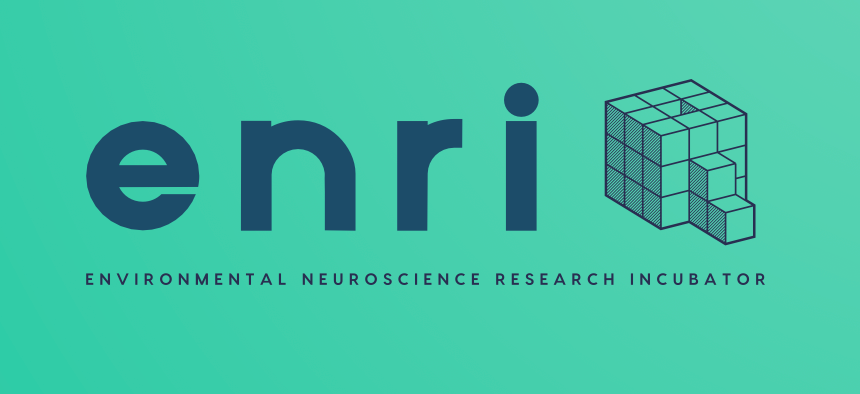
The environmental neuroscience research incubator (enri) is the research arm of XhMF, dedicated to advancing scientific understanding of how environmental exposures affect brain health.
Scientific Focus
We investigate how environments dynamically regulate human cognitive capacity and resilience, and how this regulation can be measured, predicted and governed.
Our work currently focuses on:
- Air pollution: PM2.5, VOCs, UFPs,...
- Heat and temperature extremes: Temperatures above 35° Celsius
- Noise pollution: Noise above 70dB.
We use a combination of:
- EEG (electroencephalography) to measure brain responses in real time
- (future) Silicone wristbands for passive chemical exposure monitoring
- Behavioral testing and surveys to assess cognition and emotion
- Sensors to collect environmental and physiological data in the field
All UN Member States adopted the 17 Sustainable Development Goals (SDGs) in 2015, as a shared blueprint to improve well-being for all. Through ENRI our work directly advances the following SDGs:
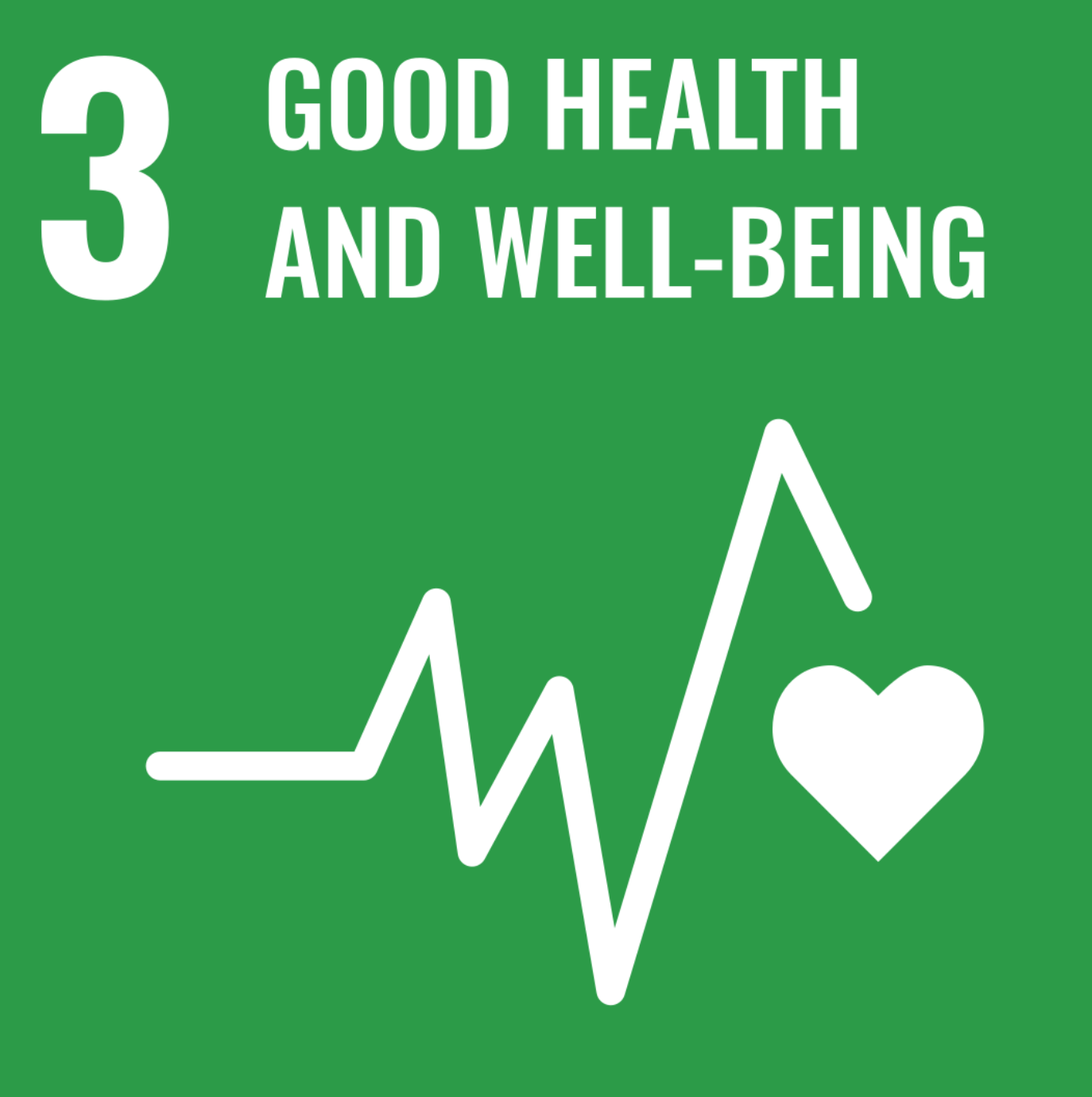
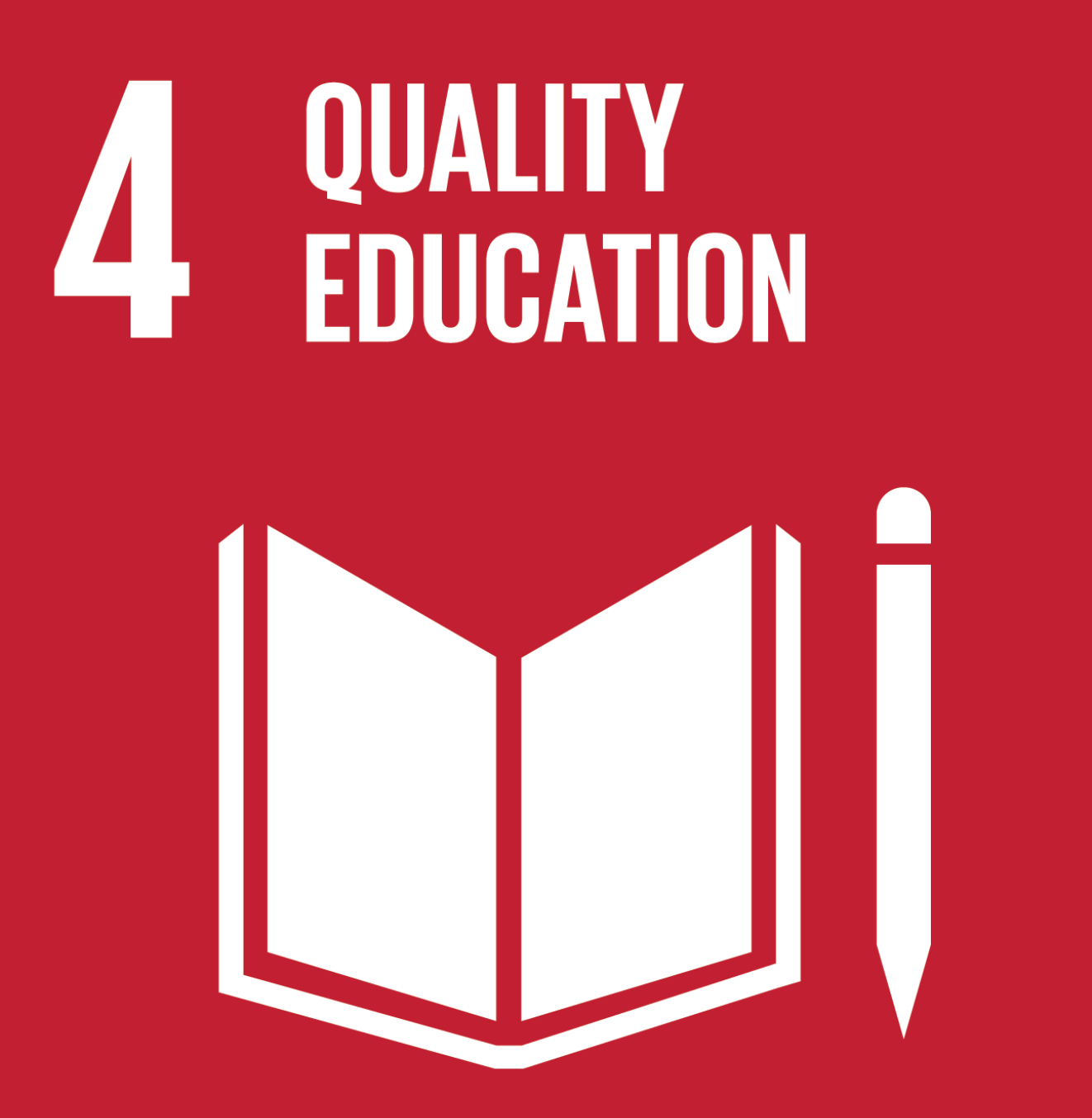
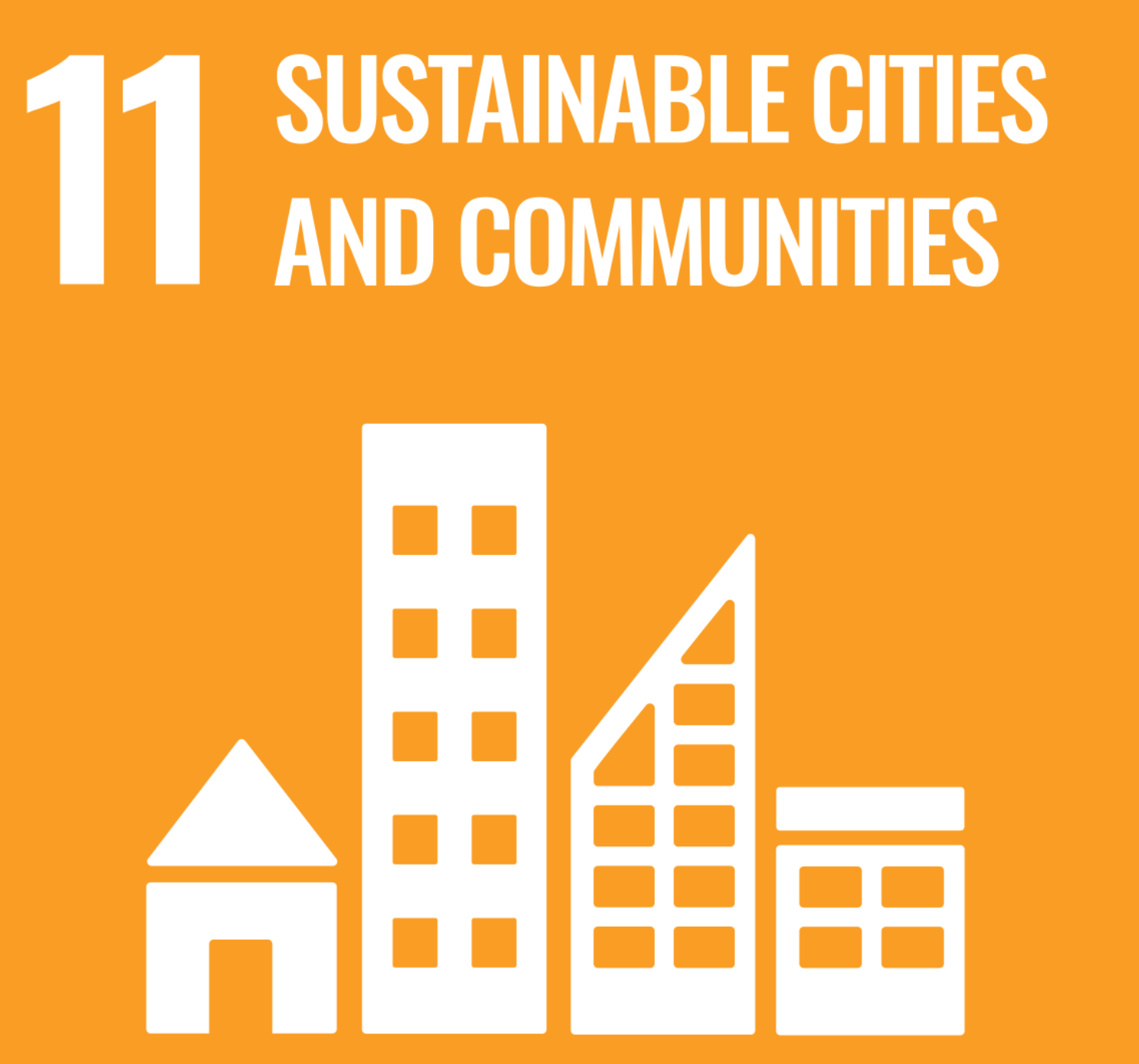
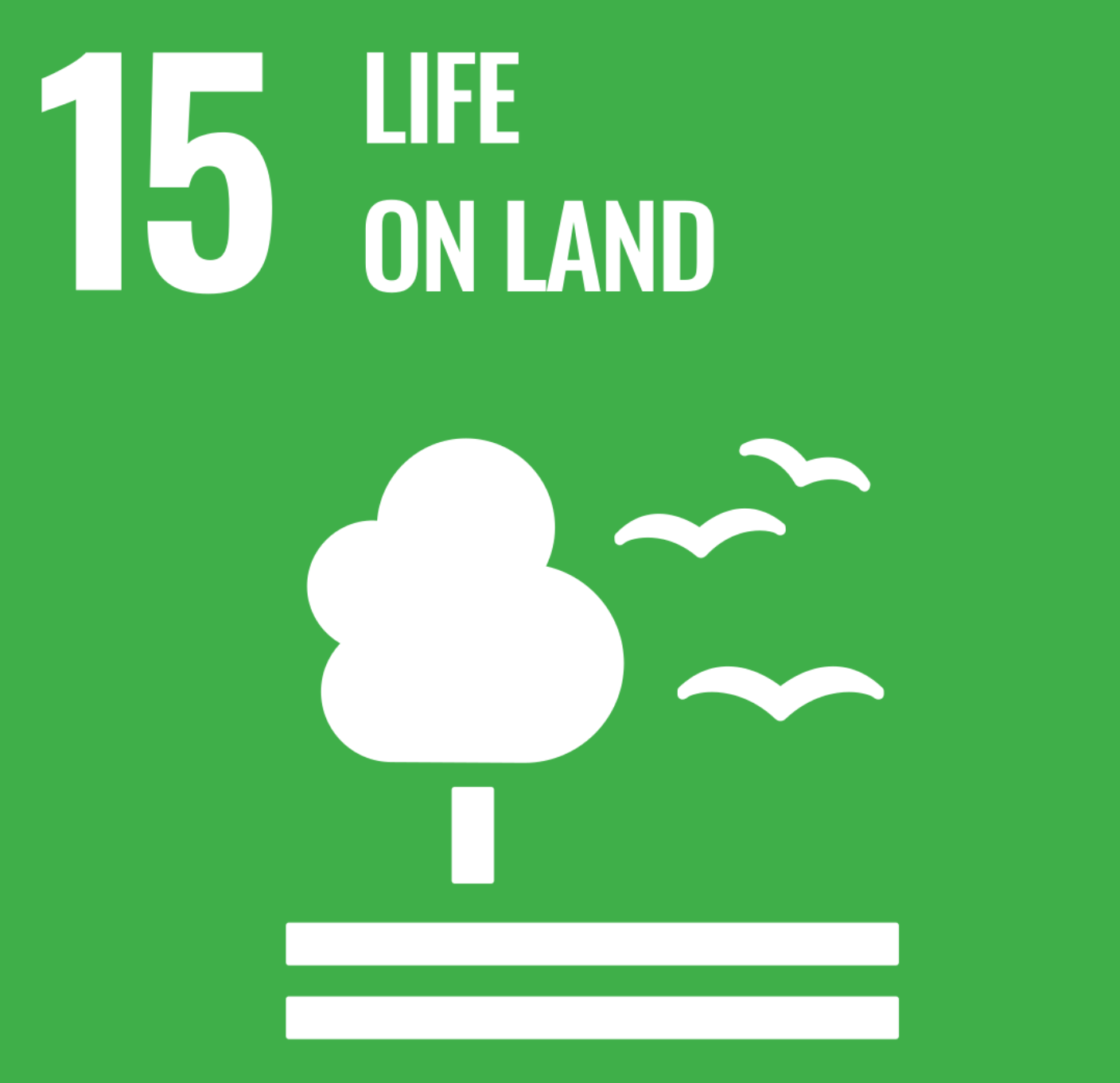
Research Team
Principal Investigator:
Dr. Egzona Morina
2024 - Present : Lecturer in Neurobiology - Harvard University, Division of Continuing Education
2025 - Present : Instructor in Sophomore Tutorial - Harvard University, Department of Social Sciences
2026 - Present: Affiliated Faculty - Harvard T.H. Chan School of Public, Center for Climate Health and Global Environment
I study how the human brain maintains function under environmental stress. My work treats the environment not as a static exposure, but as a dynamic constraint shaping neural regulation in real time. By integrating environmental sensing, wearable physiology, and portable neuroimaging, I develop a predictive framework, the Neuropredictive Exposome, linking air pollution, heat, and noise to the neural and cognitive states they produce. Combining continuous EEG, autonomic signals, and machine learning, the goal is not only to explain brain-environment interactions, but to forecast cognitive strain and emotional vulnerability before they occur, enabling anticipatory public health rather than retrospective assessment.
Head of Data Security:
Ms. Rina Basholli
Research Assistant(s):
Anita Avdiu - Sophomore at Tufts University
Andi Buqa - Sophomore at Vasser College
Collaborators/Advisors:
Prof. Matthew Bonds
Prof. Robert Froemke
Prof. Visar Berisha
Dr. Federico Claudi
Publications

The Neuropredictive Exposome: A New Framework for Predictive Environmental Neuroscience
SSRN, November 2025
Egzona Morina, PhD
The exposome describes the totality of environmental exposures across a lifetime, yet it remains largely external to the organism it seeks to explain. This Perspective introduces the Neuropredictive Exposome, a new framework that integrates environmental exposures with the physiological, neural, and behavioral responses through which the human brain experiences its surroundings. By coupling real-time environmental sensing (e.g., air pollution, heat, noise) with concurrent neurophysiological and affective measures (EEG, heart-rate variability, electrodermal activity, pupil dynamics), the Neuropredictive Exposome reframes the brain as an active environmental sensor, continuously perceiving, interpreting, and adapting to external conditions. This model bridges neuroscience, environmental health, and machine learning to understand, predict, and ultimately prevent the cognitive and emotional consequences of environmental stress. Drawing on emerging evidence from portable neuroimaging, exposome and neuroimaging linkages, and wearable sensing, this article outlines how a Neuropredictive Exposome approach can inform equitable and sustainable models of brain health. It argues that integrating environmental and physiological data within predictive systems represents not only a scientific advance but also an ethical commitment to cognitive sustainability in a changing climate.

Environmental Noise Alters Neural Regulation Without Behavioral Impairment: A Pilot EEG Study
bioRxiv, November 2025
Egzona Morina, PhD
Environmental noise is a pervasive stressor that impairs attention and increases arousal, whereas natural soundscapes are linked to restoration and improved well-being. This pilot study tested whether exposure to natural auditory environments can buffer the neural strain induced by noise. Twelve healthy adults completed five cognitive tasks (DotProbe, Stroop, GoNoGo, NBack, Visual Search) under three auditory conditions: Noise (urban traffic), Nature (ambient natural sounds), and Control (silence with earplugs), while 32-channel EEG recorded ongoing activity. Behavioral accuracy remained high across all tasks (89.9 to 99.5 %), differing only for the Nback, which improved under Nature relative to Noise and Control. In contrast, EEG revealed robust environment-dependent modulation. Mixed-effects models (FDR-corrected p < .05) identified 17 significant condition effects across frequency bands and cortical regions. Nature increased baseline-corrected δ, β, and γ power, elevated α/β ratios, and enhanced the Engagement Index in posterior networks, all signatures of relaxed yet alert cortical states. Noise, by contrast, amplified δ and θ activity and raised θ/α ratios in parieto-occipital regions, indicating higher cognitive load and compensatory effort. Reliability analyses confirmed moderate within-condition stability of EEG measures (mean ICC = 0.53 to 0.61) and higher consistency for ratio-based indices. Together, these findings reveal that natural soundscapes promote efficient, low-effort neural organization, whereas urban noise elicits energetically costly activation despite preserved behavioral performance. The results establish electrophysiological markers of environmental stress and restoration, supporting biophilic design strategies for healthier and more cognitively sustainable work environments.

Leef: Environmental Neuroscience Modeling for Cognitive Resilience
SSRN, November 2025
Egzona Morina, PhD
Modern urban environments expose individuals to complex, multi-modal stressors, like ambient noise, air pollution, heat, and sensory overload, that systematically impair cognitive function and emotional regulation. While environmental neuroscience has established clear links between environmental context and neural activity, translating these insights into actionable, personalized health interventions has remained challenging. Here, we introduce Leef, a novel framework that bridges environmental sensing, predictive modeling, and cognitive resilience monitoring. Leef integrates continuous environmental data (air quality, noise levels, temperature) with physiological markers to predict cognitive strain and adaptive capacity in real time. Unlike traditional neuroimaging approaches that require laboratory settings, Leef operates on edge-computing platforms, enabling continuous, privacy-preserving brain health monitoring in naturalistic environments. Our framework is grounded in empirical findings from controlled EEG studies demonstrating that environmental context systematically modulates cortical dynamics, even when behavioral performance remains stable, a neural-behavioral dissociation that reveals hidden cognitive costs. By training predictive models on multimodal research data while deploying inference pipelines that require only environmental inputs, Leef democratizes access to evidence-based cognitive health insights. This whitepaper presents the conceptual architecture, ethical design principles, and societal applications of Leef, positioning it as the first scalable system to operationalize environmental neuroscience for adaptive well-being.

Addressing the Invisible Crisis: Air Pollution, Low-Income Communities, and the Need for CO₂ Regulation
OSF, February 2025
Egzona Morina, PhD
Air pollution disproportionately harms low-income and minority communities, increasing mortality rates and widening health disparities. Climate change worsens these effects through rising CO₂ levels and extreme weather. Stronger CO₂ regulations, clean energy policies, and targeted interventions are essential to protect vulnerable populations and advance public health and environmental justice.

Fossil Fuel Expansion: A Possible Threat to Brain Health
OSF, February 2025
Egzona Morina, PhD
The expansion of liquefied natural gas (LNG) exports poses a significant but often overlooked threat to brain health. Increased air pollution from fossil fuel combustion has been linked to higher risks of Alzheimer’s, Parkinson’s, autism, and ADHD. These pollutants penetrate the brain, triggering inflammation and accelerating cognitive decline. The rising incidence of neurological and neurodevelopmental disorders is not only a public health concern but also a major economic burden, with projected healthcare costs reaching into the trillions.
Substack
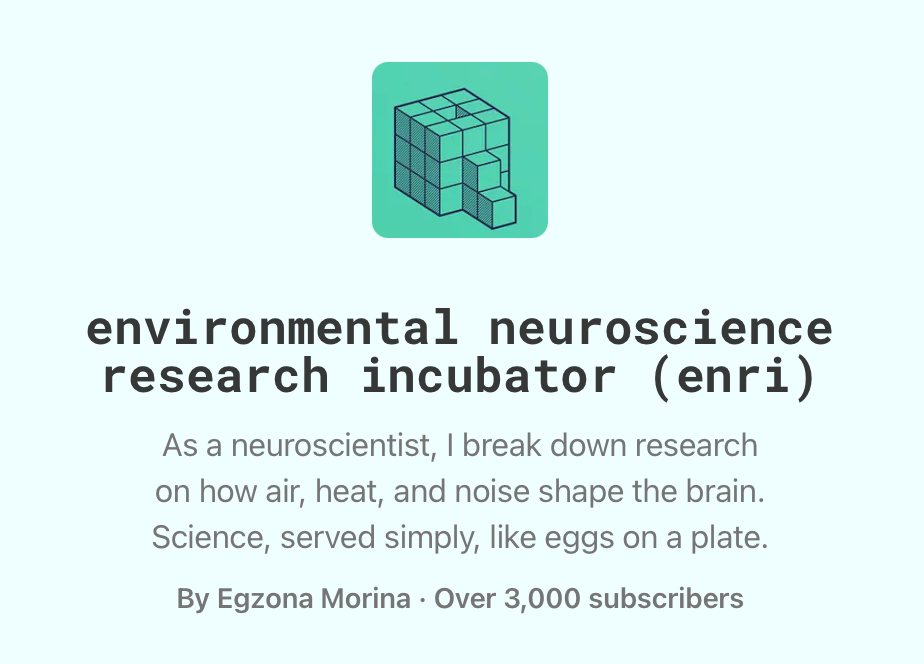
Substack
Dr. Morina writes a weekly Substack on environmental neuroscience, where every Sunday she breaks down a new research paper in clear, engaging language.
With a community of over 3,000 readers, the newsletter explores how our surroundings shape the brain, covering everything from pollution and cognition to nature and neuroplasticity, making cutting-edge science accessible and actionable.
Collaborative Networks
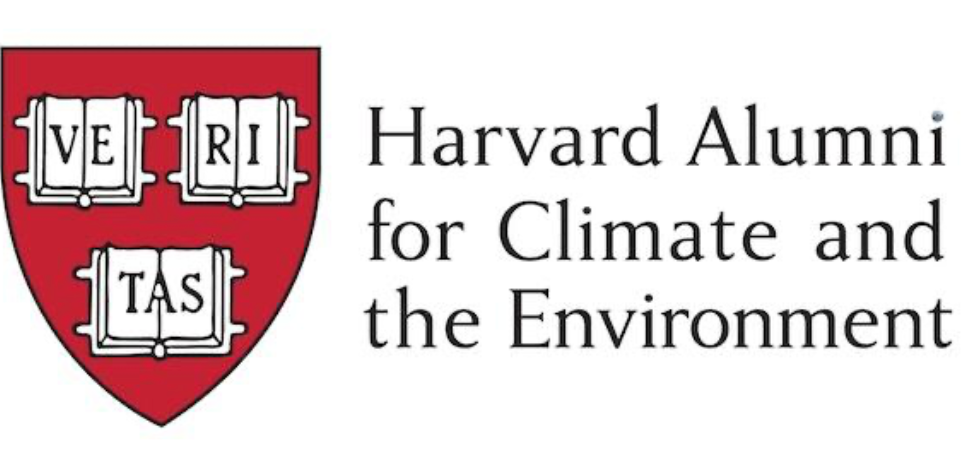
Harvard Alumni for Climate and Environment
ENRI is part of a community dedicated to advancing climate action, environmental research, and sustainable policy. Through this network, I stay connected with leading thinkers across disciplines, contribute to discussions on emerging environmental challenges, and collaborate on initiatives that bridge science and real-world impact. ENRI is also part of this community, reinforcing our shared commitment to evidence-based climate and environmental work.

The AirClub
ENRI is a member of the
AirClub, a global coalition launched at the United Nations in 2025 to advance indoor air quality as a human right. By signing the UN Indoor Air Quality Declaration, ENRI commits to integrating neuroscience and environmental health research into this international effort. Through the AirClub, ENRI contributes evidence on how indoor air, noise, and environmental stressors shape brain health, ensuring that cognitive and emotional well-being are central to global health and climate resilience agendas.
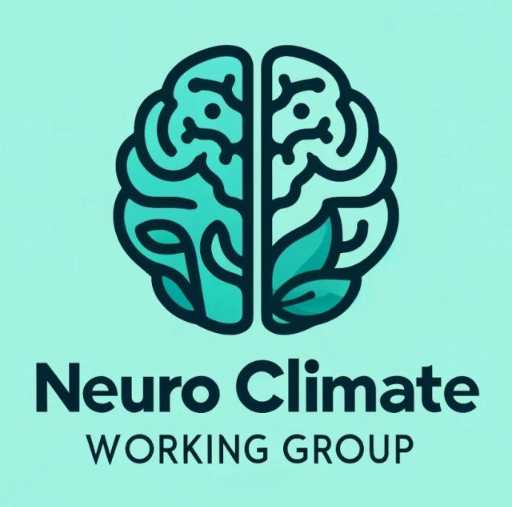
The Neuro Climate Working Group
ENRI is an active member of the
Neuro Climate Working Group (NCWG), part of Columbia University's Global Health Consortium, and, a global interdisciplinary alliance of scientists, clinicians, policy experts, and climate advocates focused on the crucial intersection of climate change and brain health. With expertise ranging from neuroscience to epidemiology, NCWG harnesses diverse perspectives to address the impacts of environmental changes on neurological and mental well-being globally. The group is committed to conducting innovative research and engaging in effective advocacy to build a robust evidence base and translate this knowledge into actionable strategies at local, regional, national, and global levels.
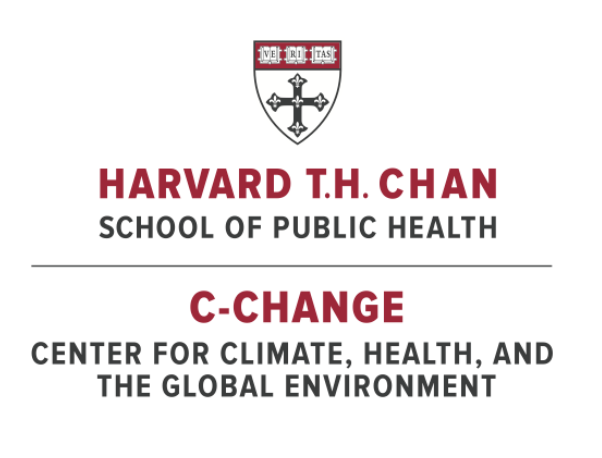
Harvard C-CHANGE Research Network
ENRI is an active member of the
Center for Climate, Health, and the Global Environment (Harvard Chan C-CHANGE), C-CHANGE is dedicated to translating innovative science into actionable climate solutions that prioritize health and equity. Their work encompasses research, education, and outreach initiatives aimed at informing decision-makers and empowering communities to address the health impacts of climate change. Through this partnership, ENRI contributes to a broader effort to develop and implement strategies that protect the most vulnerable populations from environmental health risks.
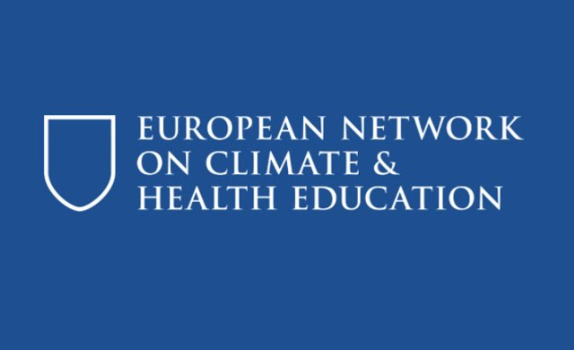
The European Network for Climate Health Education (ENCHE)
ENRI is a proud member of the European Network on Climate and Health Education (ENCHE).
ENCHE brings together over 25 European medical schools and institutions to integrate climate and health education into medical curricula. The network aims to equip future healthcare professionals with the knowledge and skills to address climate-related health challenges, promote sustainable healthcare practices, and support the transition to patient-centric, net-zero health systems.
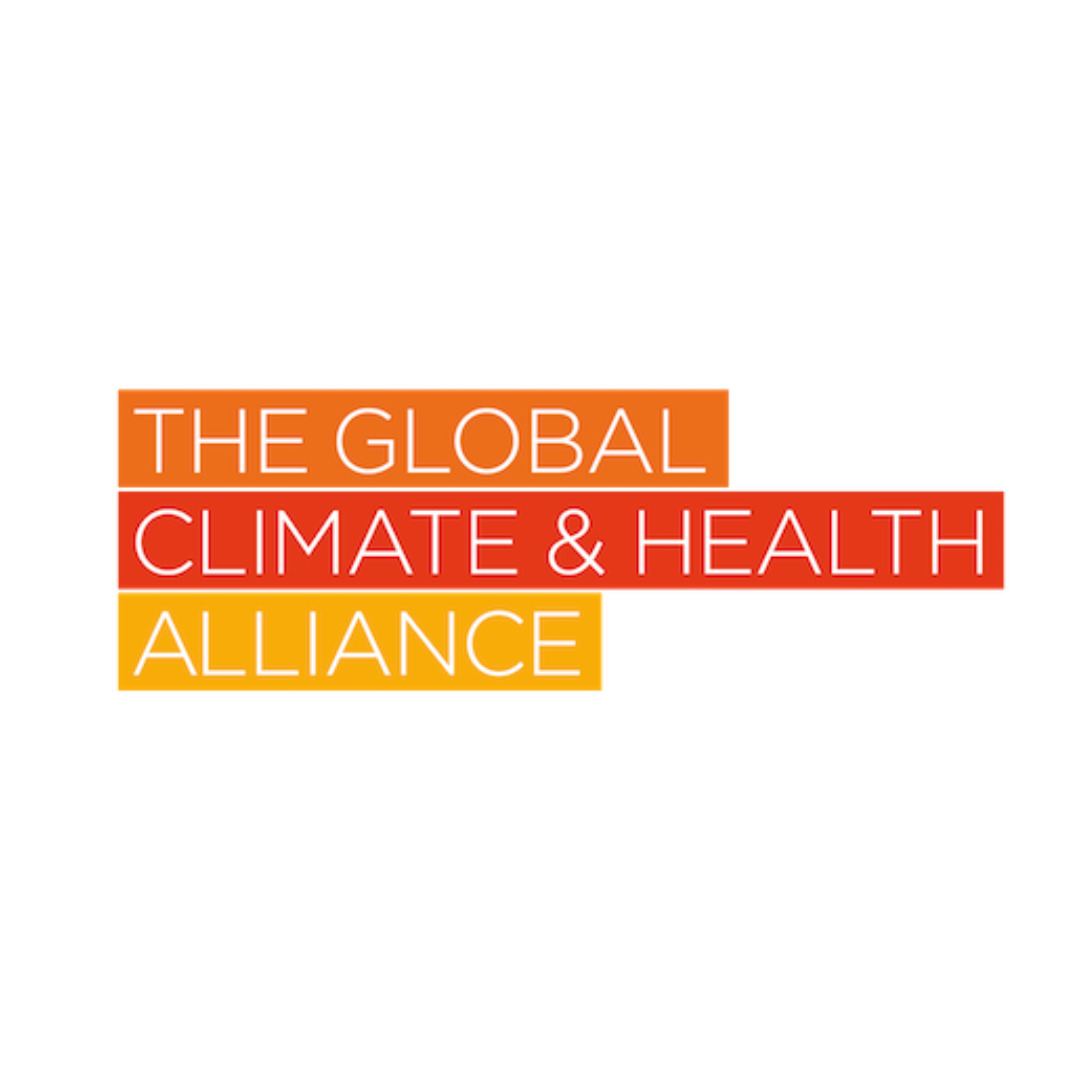
Global Climate and Health Alliance (GCHA)
GCHA is an international network of over 200 health and development organizations across more than 125 countries working to protect public health from the impacts of climate change. By connecting medical, scientific, and policy communities, the alliance promotes evidence-based climate action, supports knowledge sharing, and amplifies the role of health professionals in shaping environmental policy. Through this partnership, XHMF engages with a global community advancing solutions at the intersection of climate and human health.
Join Us
We are building a global community of scientists, educators, technologists, and public health leaders who believe in the power of cross-sector collaboration. Whether you are a university lab, a grassroots initiative, or a funding organization, we welcome conversations around partnership.
📩 Interested in partnering with us? Contact us at info@xhmf.org.
